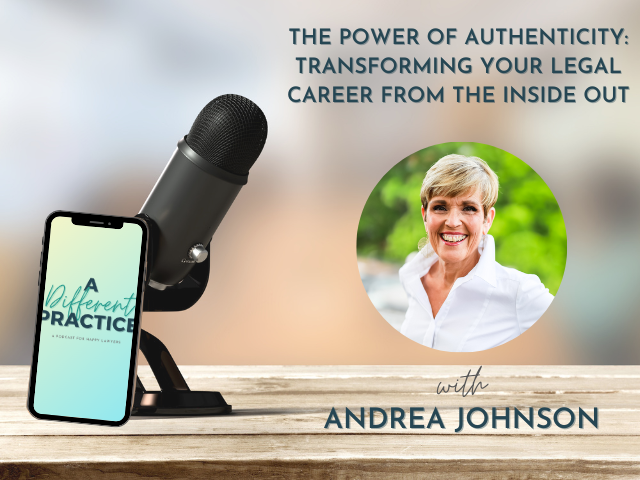Lawyers are very familiar with grit. It’s a skill we’ve used throughout our careers. Many of us first started developing it during high school and college to get the grades we needed to get into law school. Then, we used grit to tough it out and stay the course during those grueling years of law school. After that came the bar exam, and then of course the actual practice of law – eek! We needed to have grit more than ever. Those of us who continue to practice likely use grit every day because it’s one of many skills that makes us a good lawyer and allows us to continue striving toward our most important long-term goals.
Grit is an especially important and useful skill for lawyers who own law firms. Starting a business is a lot of work and requires a substantial amount of time beyond the time needed to maintain our caseloads. It’s an exhausting experience but usually a rewarding one. It’s our passion, perseverance, and grit that can get us across the finish line each week. If you want to learn more about the science behind grit, check out Angela Duckworth’s book Grit: The Power of Passion and Perseverance. It’s a really interesting read.
At this point, you might be like me and think that because grit has proven useful in the past, I should continue to use it in all situations moving forward. At least, I thought that until I recently read Adam Grant’s book Think Again: The Power of Knowing What You Don’t Know. This quote in particular caused me to rethink my view on grit:
“There’s a fine line between heroic persistence and foolish stubbornness. Sometimes the best kind of grit is gritting our teeth and turning around.”
Wait, what?! There are different kinds of grit?! The more I thought about it, though, the more I knew Grant was right. While grit plays a critical role in helping us achieve long-term goals, some of those long-term goals might not be worth pursuing in the long run. The best course of action for achieving our goals might be to change course. Then I remembered this from Angela Duckworth’s book:
“Sometimes perseverance toward a top-level goal, paradoxically, requires flexibility at lower levels in the goal hierarchy. It’s as if the higher-level goal gets written in ink, once you’ve done enough living and reflecting to know what that goal is, and the lower-level goals get written in pencil, so you can revise them and sometimes erase them altogether, and then figure out new ones to take their place . . . Sometimes giving up on a lower-level goal is not only forgivable. It’s absolutely necessary.”
As I tried to reconcile the lessons from these two books, I stumbled upon this Facebook Live Chat on grit featuring the two authors. I took two things away from the conversation:
- It is indeed possible to have too much grit! Sometimes it makes sense to stop pursuing a long-term goal and change course. The key is understanding when to do this. Duckworth offers the following tip: Find three people who know you and the situation well. Make sure one of them does not always agree with the other two (they’re more of a devil’s advocate). Then ask all three people their opinions and make your decision.
- There can be a tension between grittiness and creativity. If you are too rigid in your grittiness and the pursuit of your goals, you risk closing yourself off to new ideas and opportunities that sometimes happen by chance. It’s okay to be laser-focused on a goal so long as you are simultaneously open to creative ideas and opportunities related to it.
So how does this relate to us as lawyers? We are naturally very gritty people, and that’s a good thing. But in some situations, it can be beneficial to rethink your grit and commitment to a goal. Take a minute to reflect on the long-term goals you are pursuing and the courses of action you are taking to reach them.
Is it time to get feedback from trusted sources? Is it time to rethink your grit?
This post contains affiliate links. We may earn a small commission when a reader purchases products through our links. This does not affect which products we include. All products we include or recommend are done regardless of any affiliate relationship.





